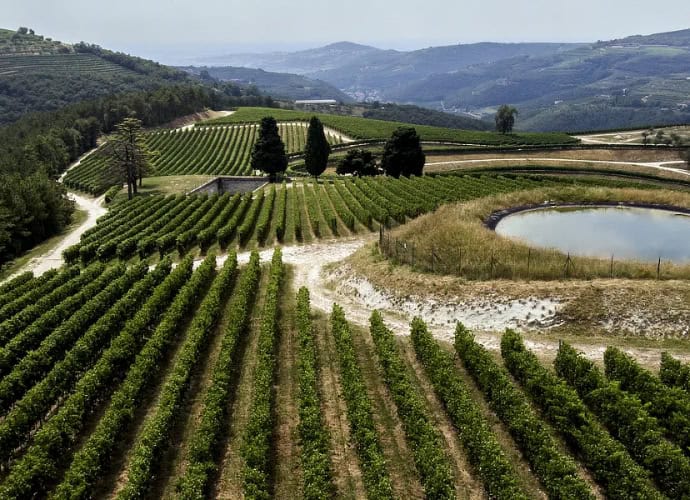
In 2018, Tedeschi started on the path towards voluntary certification of sustainability, tackling the process in its entirety with particular attention to questions regarding ethics requirements in specific markets. Today, the winery is certified according to the standards of Biodiversity Friend and Equalitas, a distinguished project dedicated to sustainability in the wine industry that integrates good social, environmental, and economic practices with precise measurement indicators. Among the main requirements for certification is the drafting of a sustainability budget that analyzes different critical areas, defines objectives, and delineates improvement actions. The certification also requires the evaluation of the carbon budget and the water balance for both the entire organization and the winery Crus.

“We are more convinced than ever that each of our wines must not only be good but, true and authentic with a distinctive character that is the fruit of our history, child of our land, and the result of a family passion.”
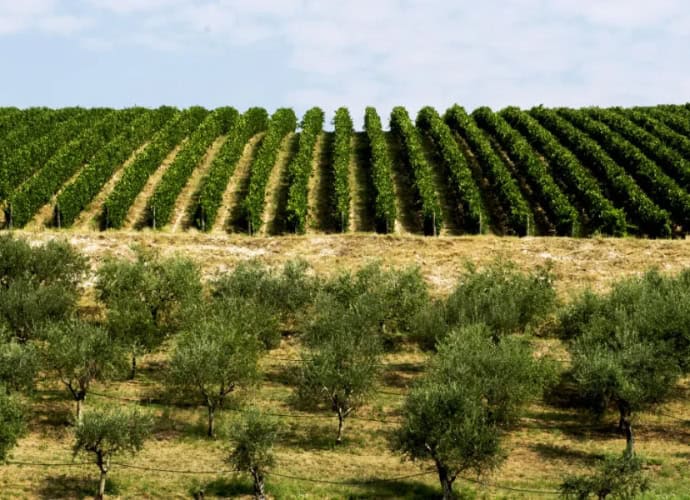

Tedeschi has always been keenly aware of environmental issues and the study of the grapevine. As a result, in 2010 the decision was made to launch the first zonation and characterization studies of the vineyards on the Maternigo Estate (Eastern Valpolicella) and in the Classica zone. The zonation, in other words the pedological study of the vineyard, created a deeper understanding of the behavior of the vine as a function of the zone in which it was being cultivated. This branch of knowledge has become essential for the production of quality wines.
Riccardo Tedeschi has asked himself a crucial question: Once the different zones have been identified, is it sufficient to manage all zones with similar characteristics in the same manner? In other words, do vines always behave in the same manner in soils with similar compositions? To answer this question, Riccardo has further deepened the study of characterization of the soil and the plants to allow him to acquire detailed knowledge about the vines, their development, and as a result, the increase in quality of the wines.
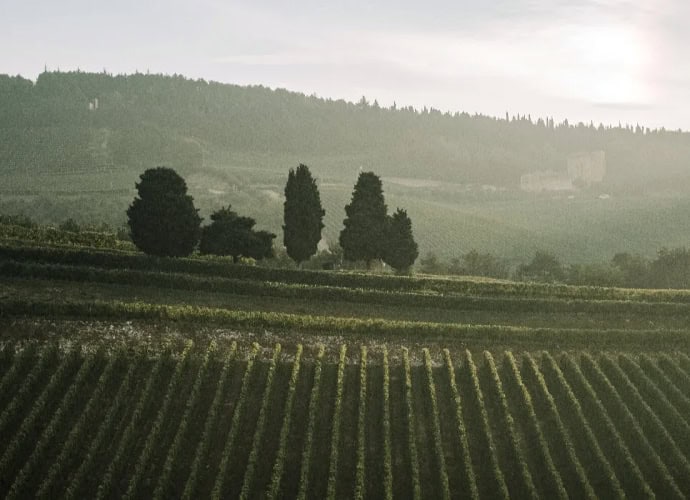

Heat tolerance, defense against burning, delaying ripening as much as possible. These are only some of the demands that the climate imposes on the grapes of Valpolicella and beyond. Tedeschi has been experimenting with new cultivation techniques in the vineyard to manage in the best way the consequences of climate change. “Supporting research in the field of winegrowing is a commitment that we owe those who value our wines and also translates into doing the best for our territory. When climate change sounds the alarm, the obligation to protect the territory and our heritage only increases,” explains Riccardo Tedeschi. “Climate change is obvious. Today we cannot avoid facing the challenges that are coming, from global warming to atmospheric changes that are intensifying, all of which are becoming increasingly more worrisome.”


Corvina


Corvinone
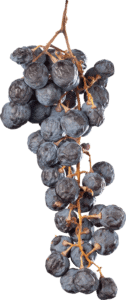

Rondinella
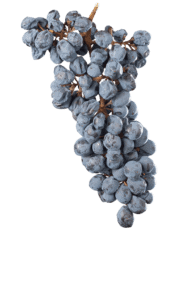

Oseleta